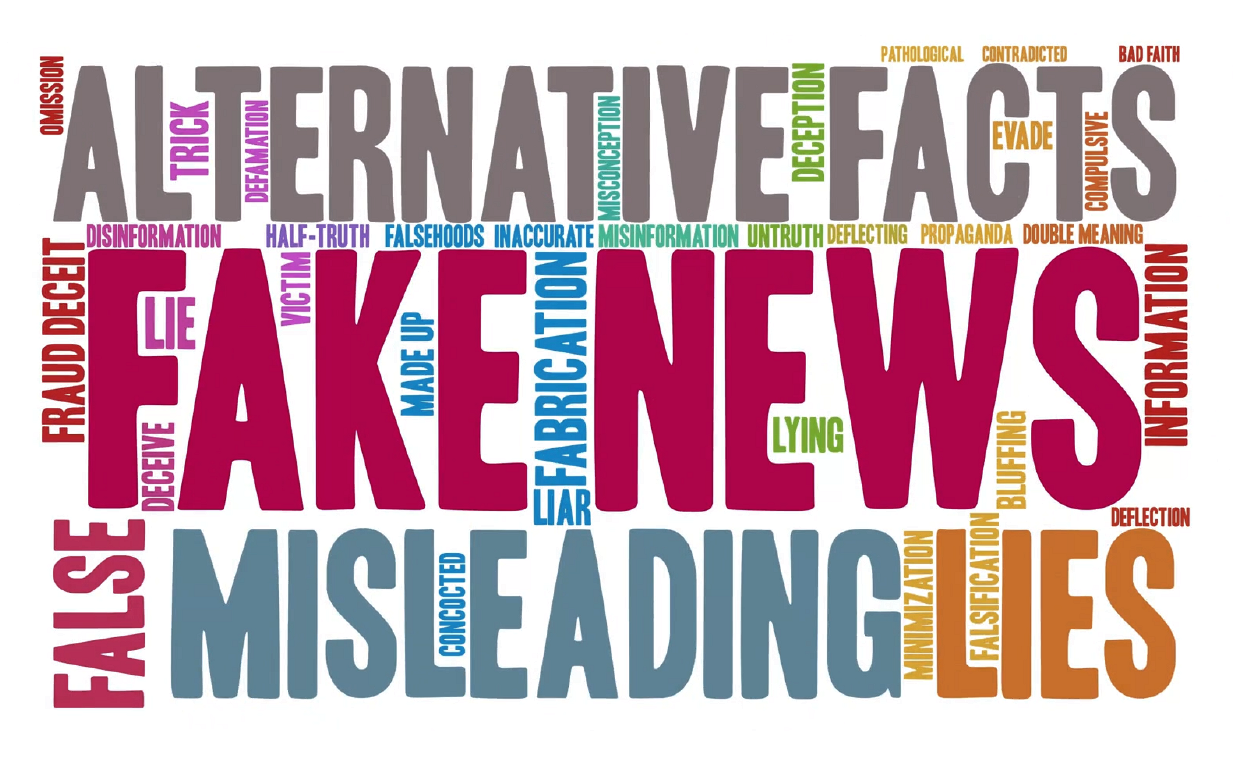I saw the Broadway production of Hair for a third time last night. Perhaps its because I experienced the Central Park/Greenwich Village scenes of the sixties closely, many parts of the play continue to produce chills down my spine and spring tears to my eyes. Then again, my daughter is also obsessed with the play. This must be because she’s heard it all straight from the horse’s mouth.
For those of us who lived through the sixties, the play closely captures the essence of those years enough to bring back those revolutionary feelings.
I attended the play with extended family–my favorite sister-in-law and her two daughters (college grad and teen), , and my daughter. The occasion was to celebrate my niece’s and my daughter’s approaching 17th birthdays.
Looking around the audience each time I’ve seen Hair, I’ve inevitably noticed that some folks get it and some folks don’t. The ones with looks of recognition bare that look of age. The look of having smoked a lot of pot and having given in to the munchies. Our generation is obese and unhealthy, but our souls are perpetually young and our eyes eternally see. At least that’s the case for those who made a point to continue looking.
My sister in law is 8 years younger–born toward the tail end of the baby boom. Too young to participate in sixties goings- ons, but her personality reflects some of that “devil may care” attitude which all born around that time cycle exude. You know the ones who are liberal for reasons they can’t pinpoint. In other words, those born too late, who only waded in the receding waters of the sixties cultural tsunami.
It’s hard to attend a sixties related event, be it a CSN & Y concert or the play Hair, and not be surrounded by people who understand one.
Because I remember the sixties dearly, I have a reputation with my husband’s family for being “the hippie Beatle fan.” Labeled correctly, but greatly misunderstood by Republican in-laws
whose influence greatly affects even the most liberal ones in our family. Good people/bad understanding.
After the show, my nieces looked somewhat perplexed as they approached their old hippie aunt. What was the point of living a life that equated bumhood? What plans did the pregnant girl have for her baby? One niece felt that the play put down “hippiedom” and that the play was very “sexy!”
Hello! When did the sexual revolution take place? Yes, multiple partnering was very much the norm in our days. We did it because we could and we did it because it upset our elders. Yes, virginity lost it’s prized possession value.
Oh they loved the ecstatic “Let the Sunshine” finale. Who doesn’t! Clearly a few points were missed. The point that in great numbers, white middle class kids were willing to forego comfortable homes to join communes, become “street people,” return to nature, get tear-gassed and bashed over the head by police clubs at civil rights and anti war rallies, and be treated the way black were treated just for letting their hair grow. The point that the status quo wins out if one wants to continue living in the so-called land of the free. Protesting with signs is one thing but being exiled in a foreign country for pacifism is perhaps worst than dying in combat since you’re still alive. The
point that following Uncle Sam’s pointing finger towards possible death was easier. But, today’s youth has never had to view billboards on subways and highways proclaiming that “Uncle Sam Wants YOU!” Claude, the main protagonist, does not ultimately decide to become a soldier because he sees the error of his ways. He dons the uniform and rifle hoping to return alive and in one piece. He doesn’t in the end, which was the point of the be-in, draft card burning, and protesting.
To those perplexed by the “unpatriotic” uses of the flag in the play, the concept of having to go to fight in a jungle for unexplained unjustified reasons made people very disrespectful. Yes we burned the flag. Yes, we wrapped marijuana in flag paper. Because there is no draft today, there is no protesting the Iraq and Afghanistan wars. It’s a catch 22 when it comes to understanding this. The comments made by my daughters cousins who consider themselves progressive liberals came out of that play sounding like Republicans.
I felt beat up. Hippies were put down by those who didn’t understand them, much the way the concept of Health Care Reform is misunderstood and ridiculously maligned by those who wish to destroy logic.
Like Claude, the rest of us had to do like wise. We too donned the three piece suits and carried the attaché cases of the straight business world and the establishment. It wasn’t because we saw the errors of our youthful rebellion. There were no errors. The language and attitudes most members of my generation has carried through out our lives upholds eternal rebellion.
There is a contention that most of us sold out. We didn’t really. The idealism remains, but… we needed money to attend concerts, and listen to the music that originally propelled us to rebel. We needed to buy bigger better stereo systems. Money buys some freedoms and comforts. This doesn’t mean we gave up. Let the sun shine.
As a result of this production staying so true to the 1967 original, perhaps most my points are not clearly delineated for today’s audiences. The writers, Rado & Ragni echoed what was happening with American youth as it was happening.
The world is a completely different place today, thus much of the play does not provide reference points for iPod and cell phone and digital camera users. Perhaps what today’s audiences don’t get about the play, is that not all of us had to run away from home to fight the system. I knew and freaks and heads in the Village and Central Park just like the ones in Hair. They were also in my neighborhood and where I worked. Like Jerry Rubin once titles a book: We Are (were) Everywhere! Our revolutionary rebellion was expressed at be-ins and marches and sit-ins in college campuses. We were brothers and sisters to the Civil Rights marchers in Selma as well as those who dropped out to live in Haight-Ashbury and the Village. Most “turned on and tuned in” and threw daggers at society from our own front stoops using LSD and pot sacraments and wearing symbolic garb. Yes we were fueled by drugs and rock and roll. Was it decadence? Yes and
no, because there is a yes and a no to everything. More than anything, it was a standing up to the more decadent bullshit of all established institutions from governmental to religious. The very same ones that to this day continue to tell more lies than truth.
The youth scene was so vast that, to remind those who can’t understand or care about what happened between 1964 and 1973, Woodstock was not just a music festival, it was a declaration. Hair was/is a similar declaration that captures how widespread revolutionary thinking was. We were young. We were idealists. We wanted to do things in ways never done before. We wanted to fix the world, and though many argue that we succeeded at fixing and changing nothing, this is not true at all. Though things did not turn out completely to our liking, We did change the world.
We changed the way people dress, speak and behave. The plastic and paper now recycled and all environmental awareness might be nonexistent. The courses taught from elementary to college incorporatte a certain open-mindedness that was not in play before the sixties. Improvements in the positions women
and African Americans hold are undeniable. Gay marriage was unheard of in 1963. Our generation
birthed freedoms now taken for granted. Some good. Some bad. The general tone of the entire internet would be completely different (since, after all, electronic data processing begun with us). Endless genres of music,
style and attitude would not be so free and prevalent. Even the pot that’s no longer passed around in the name of peace and enlightenment but as a pointless recreation for kids who think they’re cool but ponder little.
How does one explain all of the above in a matter of seconds while loitering in the lobby of a theater to folks who never witnessed the world before the civil rights movement, the anti-war movement, the women’s movement, the Earth Day movements and all the eye-openers which took root during the sixties? Should I have told them to read about Abbie Hoffman. Read up about the Chicago 7. Read up about free-form radio. The diggers. Read up about the impact of The Beatles, Bob Dylan, Phil Ockes, folk-rock, Timothy Leary, about life before designer labels.
There’s one scene in particular, in which one of the protagonists, Berger, displays insensitivity to Sheila, who “adores’ him. Berger was one of those beautiful longhaired boys so coveted back then–the Jim Morrison/Jesus type. Sheila gives him a yellow shirt which he rips up and then accuses her of “suffocating” him. Sheila then sings “Easy to be Hard.” Regardless of generation, young men like Berger never want to commit to one chick. The scene depicts how, in spite of our best humanitarian intentions, we were human and not supreme.

